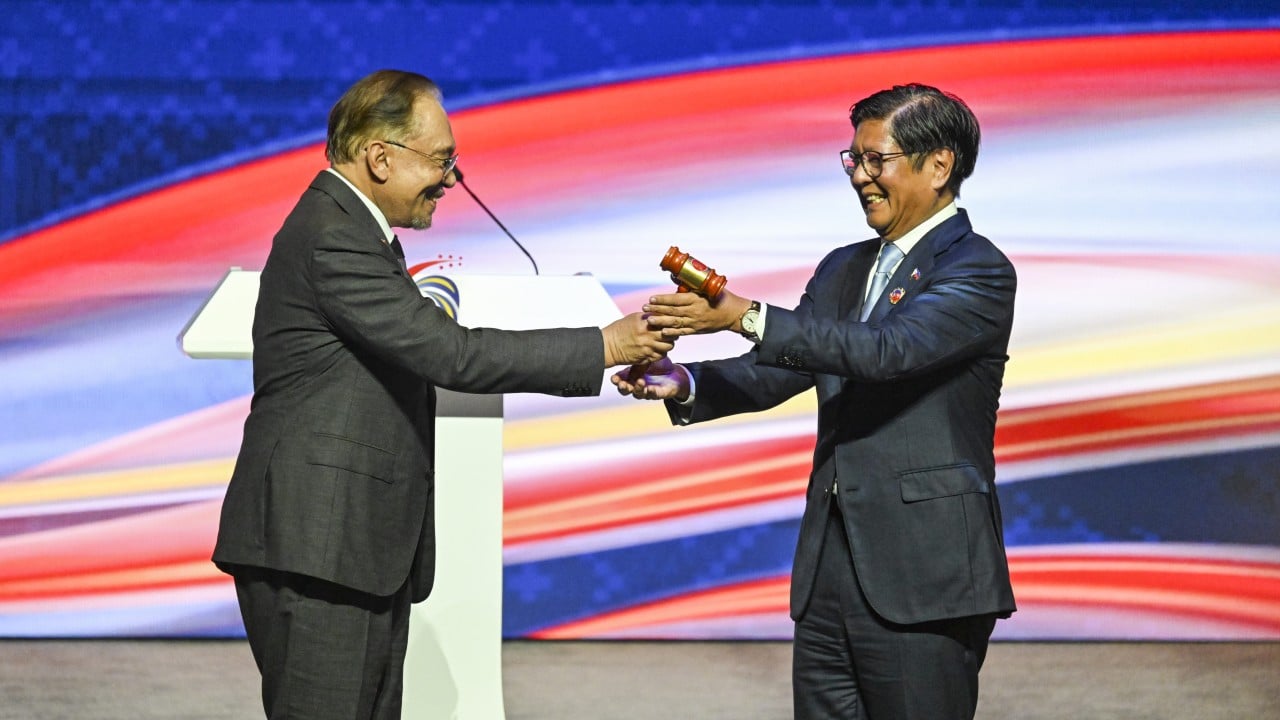The dust has yet to settle despite the conclusion of the 47th Asean Summit under Malaysia, which remains the chair of the Association of Southeast Asian Nations for the remainder of the year.
There are two main takeaways from the Kuala Lumpur meetings. First, by most objective measures, Malaysia has successfully pulled off not only the summit but its year-long chairmanship, steering several initiatives long in the making past the finish line.
One of the most consequential is the formal admission of East Timor to Asean after 14 grinding years of assessments and scepticism. Two economic arrangements were also upgraded: the Asean Trade in Goods Agreement to deepen intraregional economic integration, and Asean’s free trade agreement with China, whose upgraded 3.0 protocol extends the arc of inter-regional cooperation to emerging sectors such as digital technology and green growth.
Advertisement
Then, there were the innovations. An Asean geoeconomics task force was established earlier this year to address what the Malaysian and Indonesian co-chairs termed “unprecedented external geopolitical uncertainties”. With major powers blurring economic and security priorities into one, Malaysia convened a joint foreign and economic ministers’ meeting ahead of the summit. Whether this will be a regular feature will depend on future chairs.
The Kuala Lumpur meetings drew more world leaders than usual, including from countries not usually in attendance at Asean meetings. The participation of the presidents of Brazil and South Africa was symbolic of Malaysia’s attempts over the year to diversify Asean’s engagement amid geopolitical upheaval. Their presence was also a nod to the association of Indonesia, Malaysia, Thailand and Vietnam with the Brics bloc.
Advertisement
With the diplomatic push of Malaysian Prime Minister Anwar Ibrahim, the Asean-Gulf Cooperation Council (GCC) summit expanded this year to include China. It was an unlikely gathering of regions and states that do little together in any coordinated fashion. But that was precisely the point. As conventional expectations of the world order come into question and countries recalibrate their priorities, there is an urgent realisation that governments and markets must do more to expand their ties.

